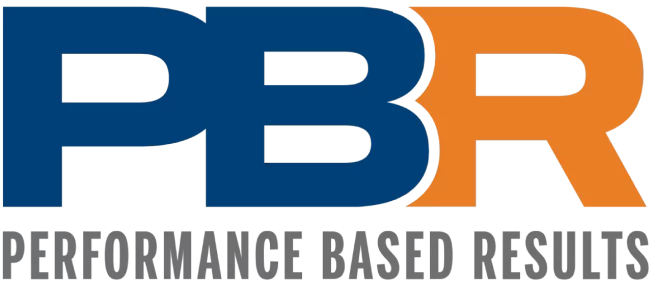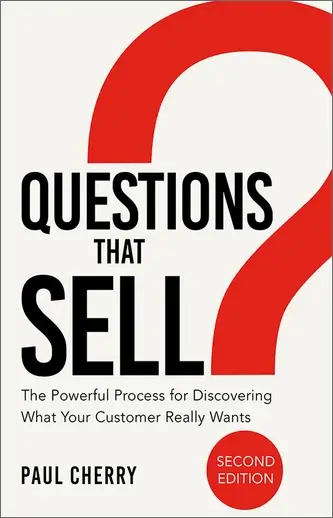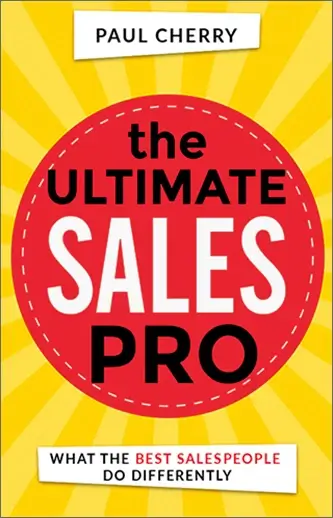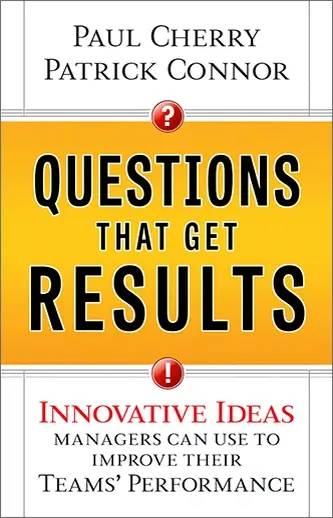If you love ice cream, you’re probably familiar with the Cold Stone Creamery premium ice cream chain. Customers have a choice among three serving sizes: “Like It!” is the smallest, “Love It!” is medium-sized, and “Gotta Have It!” is the largest portion. Similarly, your business prospects have three levels of commitment. Asking them the right questions will tell you whether your prospect is in the “should” stage, the “want to” stage, or the “have to” stage. Lock-on questions are a big help here, maintaining your conversation’s natural flow while subtly steering it in directions that’ll lead you toward better understanding of your prospect’s commitment level.
- Should: Your prospect doesn’t have the desire to change, nor does he see a need for it.
- Want To: Your prospect wants to change and recognizes the need for it, but resists taking action.
- Have To: Your prospect is ready to make a change, and eager to embrace a solution tailored to the company’s needs.
Here are two examples of how lock-on questions help you cut to the chase:
- Your Prospect: “We’ve been trying to get this project off the ground for months.”
Your Lock-On Question Response: “I noticed you said ‘trying.’ What’s worked for you so far, and what hasn’t?”
“Trying” is the word to focus on. “Trying” shows your prospect’s feelings of frustration and discouragement at being unable to achieve his goal. Your prospect has given you a great opportunity to bring his problems to the surface and relive those feelings — and look to you for a solution. - Your Prospect: “I’m looking for a real partnership, not just someone who’ll sell me a product.”
Your Lock-On Question Response: “Could you give me some specific of what you mean when you say ‘partnership’?”
By itself, “partnership” is just another nigh-meaningless example of business jargon. Digging deeper to see how your prospect defines “partnership” makes all the difference.






